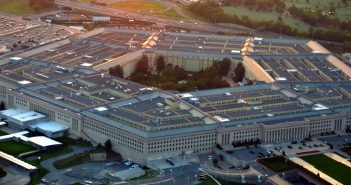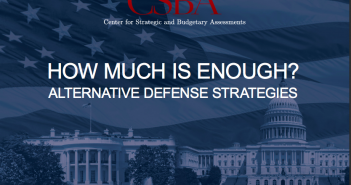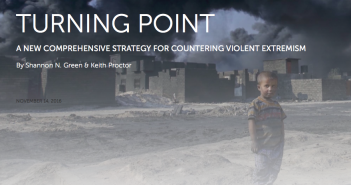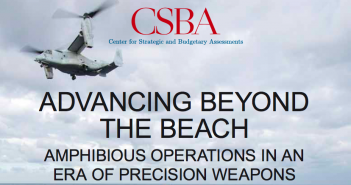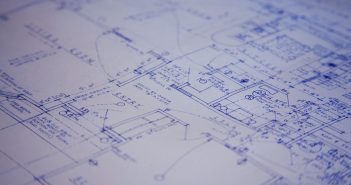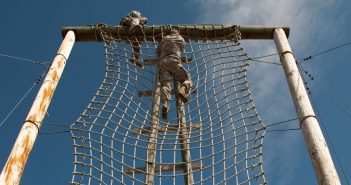Your single destination for high-quality content from top think tanks around the world. Fresh reports and analysis as they are released to ensure valuable thought leadership work isn’t lost in the daily noise.

CNAS: Early Adoption of Emerging Mobility in the Pentagon
Rapid advances in mobile computing offer the Department of Defense significant benefits. Leveraging the capabilities of leading-edge mobile devices within DoD could amplify the positive impact of workforce mobility, enhance information security, and instigate the modernization of aging information technology infrastructure within the Pentagon. Yet the department’s risk-averse culture and intractable acquisition policies likely will cause it to squander these opportunities in favor of outdated, more expensive, and less effective mobility solutions.

